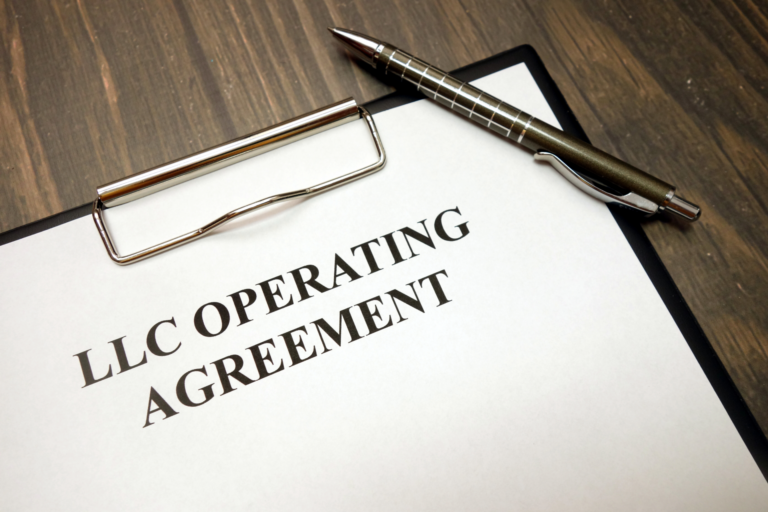In a Florida trust, the trust maker (also referred to as “trustor” or “settlor”) transfers the nominal ownership of assets to a trustee (fiduciary) for the benefit of one or multiple beneficiaries. Read on to find out when a trustee can distribute money from a trust in Florida.
When Can Money be Distributed from a Florida Trust? – The Verdict
A trust is a multi-party arrangement based on a legal agreement called a “trust instrument.” Florida Statutes §736.0103 (26) defines this document as “an instrument executed by a settlor that contains terms of the trust, including any amendments to the trust.”
The trust instrument contains all terms and provisions of the arrangement, including:
- Whether the trust is revocable or irrevocable
- The parties involved in the trust (trustor, trustee, and beneficiaries)
- Whether the trust has a co-trustee
- Whether the trust has a successor trustee
- Which property is held in the trust
- How the property held in trust must be distributed
- When property held in trust must be distributed
The assets held in the trust can be distributed to the beneficiaries following the requirements outlined in the trust instrument.
In most cases, the distribution will not happen on a fixed date, as the trustee must follow the instructions in the document before proceeding with the distribution.
If the property held in the trust consists exclusively of cash, the distribution only requires the trustee to write paychecks to the rightful beneficiaries. Depending on how the trust instrument was structured, the distribution must follow a specific method.
For example, a Florida settlor can set up a trust solely focused on paying for his or her children’s college tuition. In such cases, the trustee may be instructed to distribute the money after a triggering event (e.g., high school graduation).
Another example is a special needs trust. Many Florida residents want to leave money for a loved one with special needs upon death without impacting their eligibility for Medicaid and other government benefits.
In such cases, it is possible to set up a special needs trust to preserve the eligibility of the beneficiary for government benefits while leaving money to improve that person’s quality of life.
How Long Can a Trust Remain Open After the Settlor’s Death in Florida?
Depending on the amount of assets held in the trust and the number of beneficiaries waiting to receive their fair share, the timeline involved in a trust distribution varies significantly.
A simple cash-only trust with a sole beneficiary only requires the trustee to write a paycheck in the name of the right individual to complete the distribution. Conversely, a complex trust holding real estate, stocks, interest shares, and money requires more time for distribution.
In an irrevocable trust, there is no specific time frame for distribution. Considering irrevocable trusts are typically set up for long-term purposes, the trustee can spend the necessary amount of time for proper distribution.
Please note that revocable (living) trusts become irrevocable upon the settlor’s death. After settling the necessary taxes and filing the required paperwork, the beneficiaries can receive their respective shares of property as outlined in the trust document.
If the trustee is acting unreasonably or exceeding the reasonable timeframe for distribution, a beneficiary can discuss a possible solution with a seasoned trust attorney in Florida.
Waste no Time with Uncertainty – Immediately Contact Jurado & Associates, P.A.
An experienced trust attorney from Jurado & Associates, P.A. is willing to help you protect your interests. Call us today at (305) 921-0976 or email [email protected] for an individual assessment.






